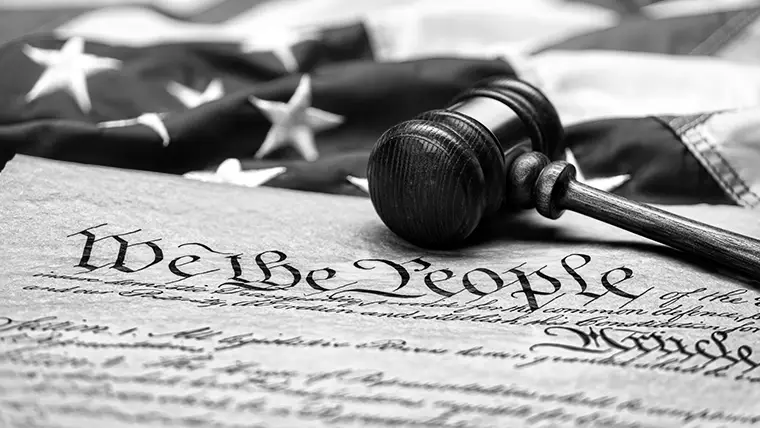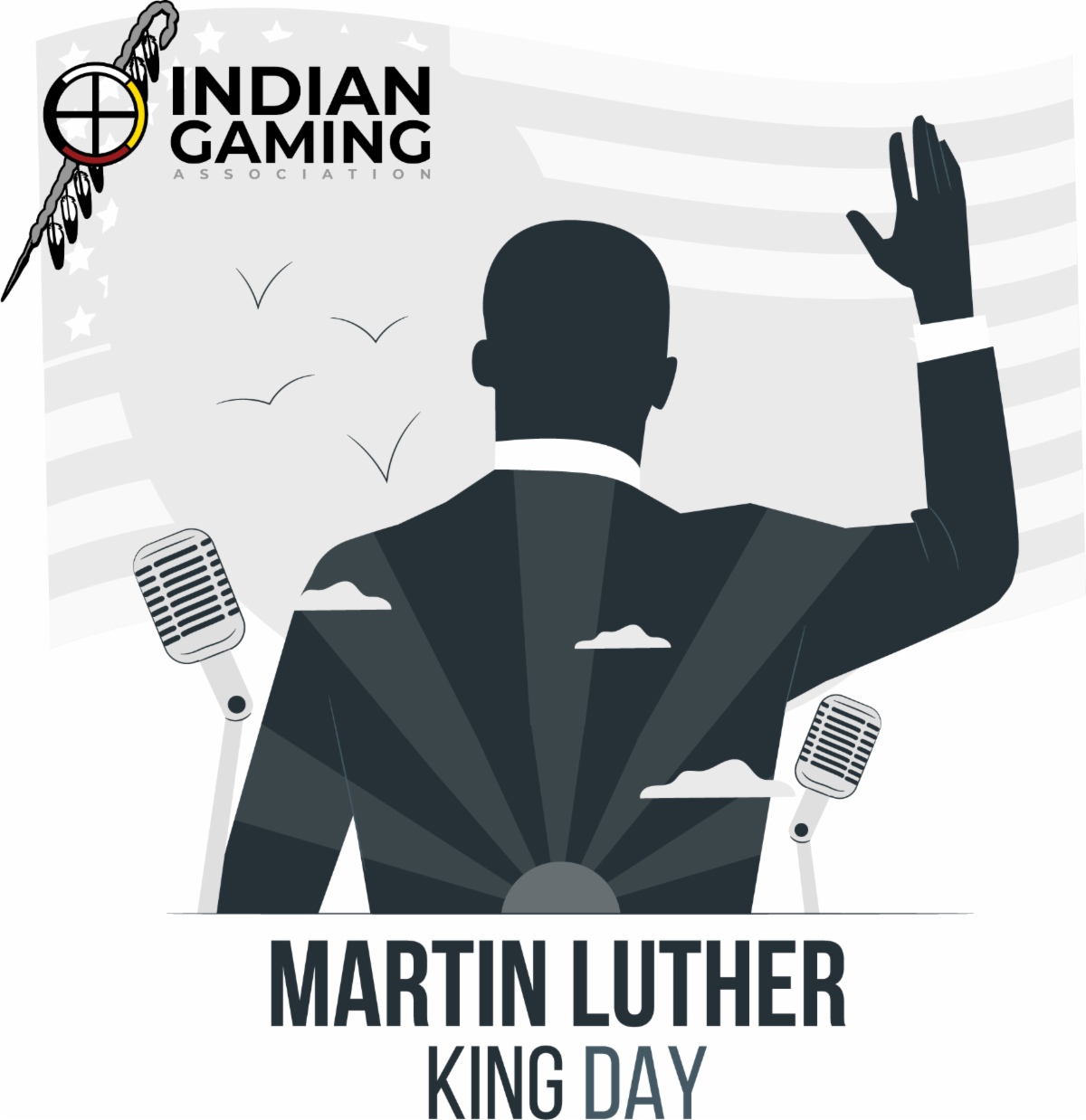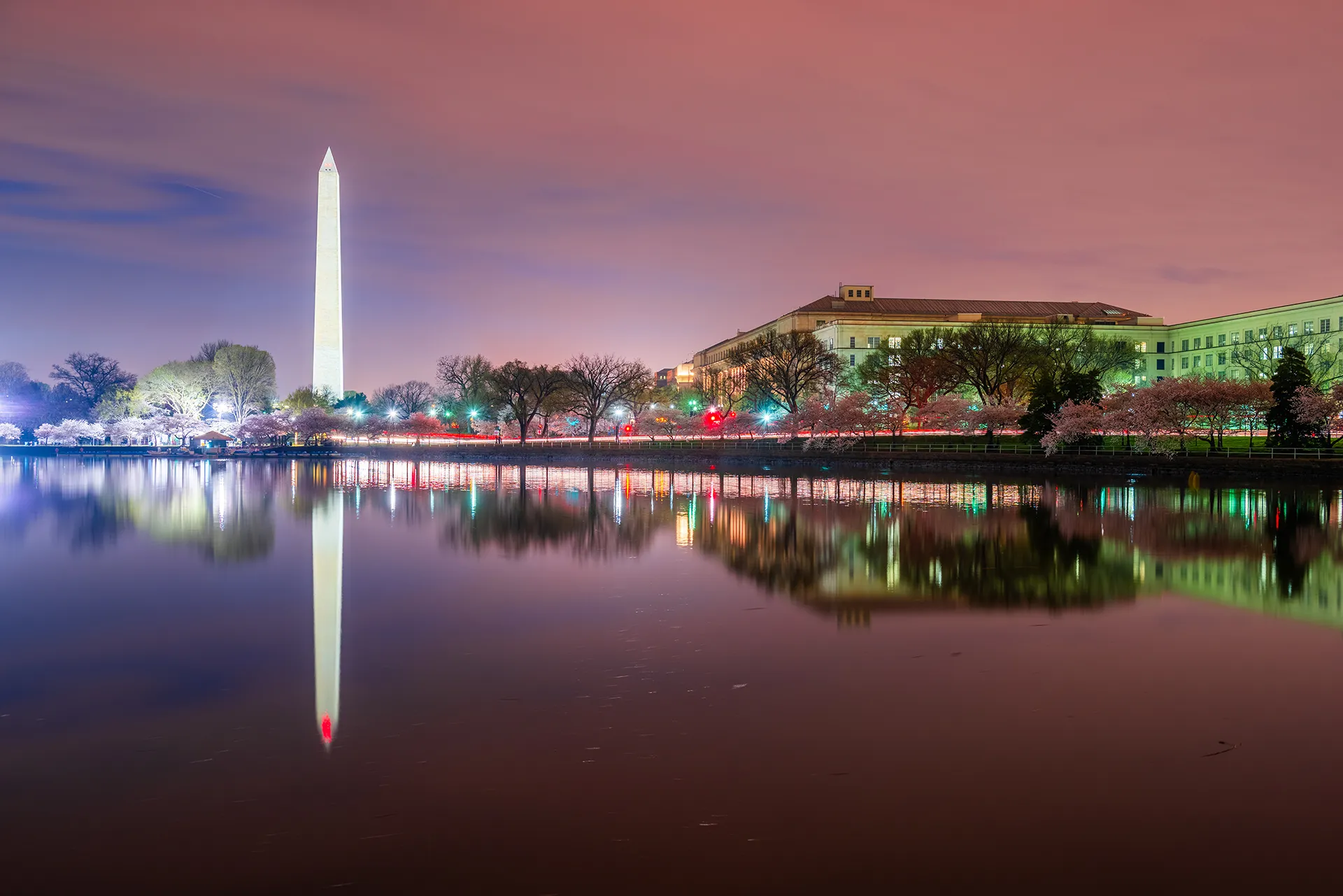January 15, 2024
by Ernest L. Stevens, Jr. Chairman
Washington, D.C. – January 15, 2024 –Today, as we recognize, honor, and celebrate the legacy of Martin Luther King Jr., it is important to remember the continued struggle for equality and rights among all communities, including Indian Country.
Dr. King would have celebrated his 95th birthday today, and as we reflect on his unwavering commitment to nonviolent protest to effect change – we must also acknowledge the work ahead to climb to the mountaintop and reach the Promised Land.
In recent years, hate has been given oxygen, which has led to a sharp rise in threats of violence against individuals based on their color, religious belief, and sexual orientation. As Dr. King taught us, “Injustice anywhere is a threat to justice everywhere.” We must all stand united with everyone and anyone facing harm for simply being who they are and do the work to relegate hatred to the heap of shame where it belongs.
Today also aligns with the official kickoff of the 2024 Presidential election, and with that in mind, we also applaud Dr. King’s lifelong work to protect the voice and the vote of every American. He envisioned a society where every U.S. citizen, regardless of their background, could fully participate in the democratic process and have their vote – their voice – counted and respected.
At the heart of Dr. King’s philosophy was the belief in the transformative power of nonviolent resistance and civic engagement. King’s legacy is a guiding light for activists and leaders, providing a blueprint for peaceful advocacy and meaningful change. The principles of unity, solidarity, and peaceful protest exemplified by King have influenced and inspired indigenous movements advocating for land rights, environmental protection, and preserving tribal cultures.
The right to vote is the most fundamental obligation we have as American citizens and is the truest foundation of our government. As citizens, it is our solemn responsibility to exercise our right to vote to help determine the future of our Country.
In Indian Country, exercising our voting rights not only serves to advance our future policy goals but also serves as an act of honoring those who came before us, making sacrifices to protect tribal sovereignty, and making it possible for us to protect our way of life for future generations.
Throughout the 1800s, Congress enacted policies that stole Native homelands and sought to erase our very way of life. The abhorrent policy of Assimilation forced Native children into government-run boarding schools where they were forbidden from speaking their language or practicing their religion. These same policies worked to disempower Tribal Government-rights to control our lands and our resources while at the same time authorizing self-serving agents to
This is part of our American history of which far too few are even remotely aware. But today, thanks to Interior Secretary Deb Haaland’s and the work of Ms. Lily Gladstone and other Native artists – new light is finally being shed on these policies.
While this is new information to many in the American public, the United States approved and implemented these policies, all while Native Americans had no voice in the debate and no right to vote.
Very few know that the first Americans were the last to be granted the right to vote. This year – 2024 – we celebrate the 100-year anniversary of the “Indian Citizenship Act,” which marked the first time that many Native Americans were permitted to vote in federal elections.
Yet even today, one century later, many Natives face barriers to exercising their voting rights. Too often, state governments set voting locations that force Indian Country’s residents to travel hundreds of miles to cast a ballot. Others require physical addresses or state government IDs, ignoring the fact that many of our communities have only P.O. Boxes and disrespecting the constitutional status of Indian Tribes as separate sovereigns.
Today, we remember that Dr. King’s message of equality and justice must apply to all, and we must ensure that Native American voices are heard and our rights respected, including the right to vote. We are embarking on one of the most significant times in United States history, and now more than ever, it is important to recognize Indian Country’s right to vote.
The 2024 election provides an opportunity for Native American youth to amplify their concerns and aspirations and to advocate for policies that reflect their unique perspectives and needs. By engaging in the electoral process, they can assert their collective power to hold elected officials accountable and to drive meaningful change within their communities.
In the spirit of Dr. King’s vision, by encouraging and supporting Native American voter participation, we can work towards a more inclusive and representative democracy where decisions are made with the input and perspective of all citizens.
In the realm of voting rights, King’s legacy continues to serve as a beacon for Native American communities. The struggle for equitable access to the ballot box and the recognition of tribal sovereignty in electoral matters align closely with the broader fight for voting rights and representation.
Efforts to preserve and expand voting rights protections for Native American voters pay homage to King’s enduring belief that participation in the democratic process is a fundamental right for true equality and justice.
Each of us has a responsibility to continue to help move this world forward in a dignified and unified way, inspired by the momentum of great leaders of change who stood for us – before us, like Martin Luther King, Jr.
The Indian Gaming Association commemorates Dr. Martin Luther King, Jr., and his example as a peaceful yet assertive advocate for equality. We have great respect for his message and his kind and impassioned support for Native America. No matter the circumstances, we continue our fight forward with his proactive yet powerful message, always remaining steadfast and united through sometimes challenging our challenging environment. We always stay the course. We honor Dr. King for his commitment to justice and equality. Let us all work to bend the arc of the moral universe towards justice and achieving Dr. King’s Dream, and ensure that all peoples’ cultures, customs, languages, and ways of life are honored and respected.
BIA Publishes Final Rule for Section 293 Class III Tribal-State Gaming Compacts

Remembering and Honoring the Legacy of Dr. Martin Luther King, Jr.

Statement From The Chairman Of The Indian Gaming Association: “Compromise or Collision Course: Americans Need Government to Function”
